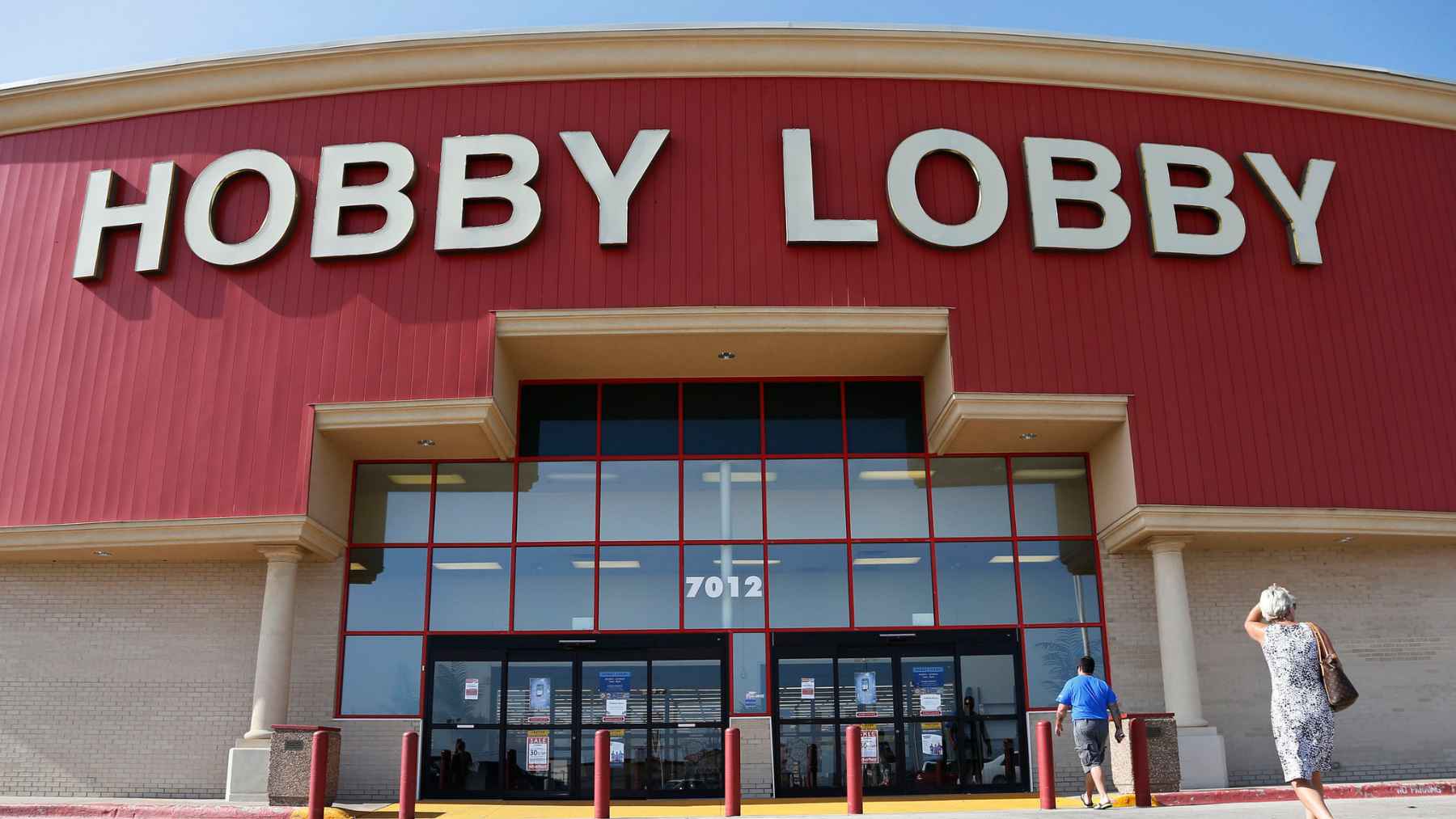You may be one of the affected people who could be paid a $5,000 claim if you meet the required criteria. The class action case that may deliver the a check to you comes from a recent Community Care Alliance settlement. It is a non-profit organization that provides crucial services to several communities in Rhode Island. The settlement is a direct result of the data breach that Community Care Alliance suffered in 2024, which gave hackers access to a vast trove of sensitive personal information, including social security numbers.
Community Care Alliance has chosen to settle the case while denying any wrongdoing in the data breach
The case states that Community Car Alliance did not take adequate steps to ensure the safety of its systems and negligently failed to prevent the data breach from happening. According to the class action lawsuit, Community Care failed to implement reasonable cybersecurity measures to ensure its systems were safe from cyber attacks.
The result of that negligence was that millions of people’s private information was accessed in the data breach, which could have long-term consequences for those who had their data stolen. A hearing has been set by the courts to determine whether the settlement will receive final court approval. If that 8 October hearing gives its approval, payments will begin to be made.
Class members are urged to provide documentary proof in order to be considered for the claim
In order to receive the $5,000 settlement from Community Care, class members will need to submit several documents to be eligible. Class members must submit reasonable proof and/or documentation with their claim form to obtain reimbursement for these losses. The claim forms can be found online, and the class members need to submit a valid claim form before the 1 October deadline.
Under the terms of the Community Care Alliance settlement, class members can receive up to $5,000 for documented data breach-related expenses, such as:
- Two years of three-bureau credit monitoring
- Dark web monitoring
- $1 million in identity theft insurance
- Fully managed identity recovery services
- Cash payment from the remainder of the $1.09 million settlement fund
Data breaches have become a much more prevalent trend in recent years
Data breaches are not a new occurrence. Several massive companies all over the world have had significant breaches to their cybersecurity in recent years. Sony saw its PlayStation Network hacked, which affected millions of people globally. So members of the class action lawsuit can take solace in the fact that they are not alone.
That does not alleviate the concerns, however. The impact of the Community Care data breach could result in a range of fake credit cards being taken out in the name of the members whose data was stolen. Whether or not that happens will be determined as time passes by. One thing that is certain is that the $1.09 million class action lawsuit settlement will be felt by the company’s shareholders.
Will the Community Care Alliance recover from the data breach and subsequent lawsuit?
When a company as important as the Community Care Alliance is subjected to a data breach and the inevitable financial consequences that it presents, the overarching theory is that the company will need to make significant changes to its cybersecurity operations and procedures. Many economists and cybersecurity experts have speculated whether Community Care can recover from the class action lawsuit.
Time is running out for class members to submit a credible claim form with provable documentation. If you are one of the affected people in the data breach, we urge you to submit the required claim form before time runs out. While the $5,000 check will help to alleviate the subsequent danger of having your data stolen, it might help to ensure the problem does not happen again.
For more information about this settlement, you can visit Top Class Actions and get informed about how to file a claim.
Disclaimer: You should not submit false or inflated claims under penalty of perjury, as class‑action claim forms historically required declarations signed “under penalty of perjury” to ensure authenticity. Submitting a fraudulent claim not only carries legal exposure—including potential civil and criminal sanctions—but also harms other eligible class members by diluting the available settlement pool.














